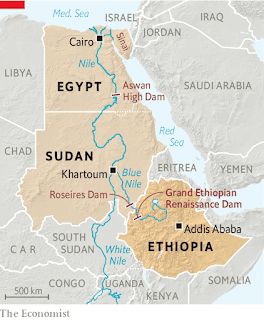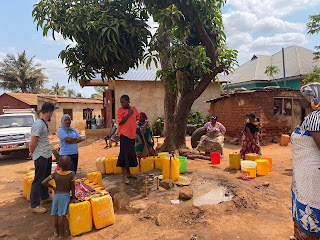Concluding thoughts
Hello everyone! For this final post, I would like to reflect on the blog entries written over the last few weeks. In the introduction, I indicated that I would look at representations of power interactions amongst stakeholders. The instance of the Nile’s dispute demonstrated a clear distribution of power, with the British Empire's influence, and subsequently authority handed to Egypt to regulate the Nile's water. In Tanzania, we discovered that structural economic issues offered governments incentives to favour urban residents or the agricultural sector for water; nevertheless, other parties were able to modify that condition through dialogue and informal bargaining. Something interesting I understood throughout my research was that power allocations allow particular stakeholders to affect water management, as well as who is accountable for water distribution. The majority of the articles discussed the government's obligation to citizens to construct water infrastructures...







